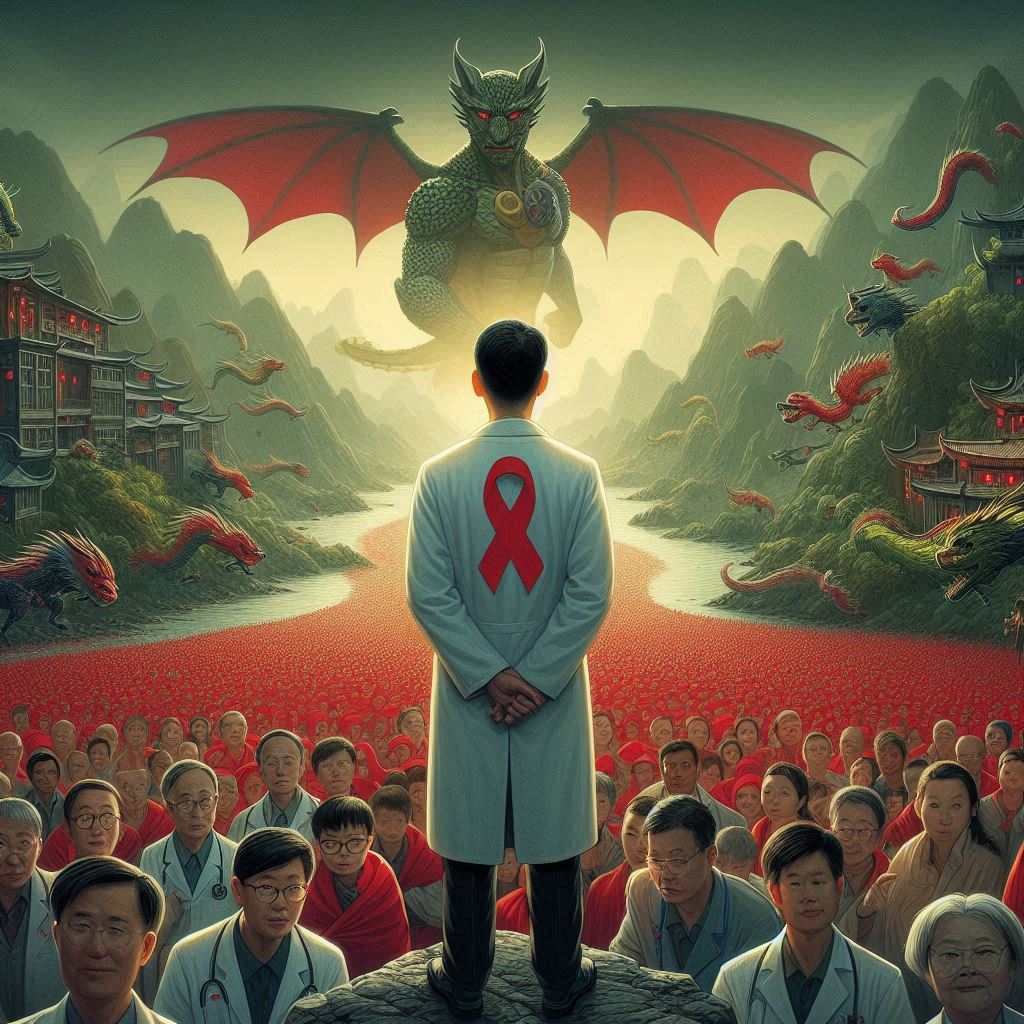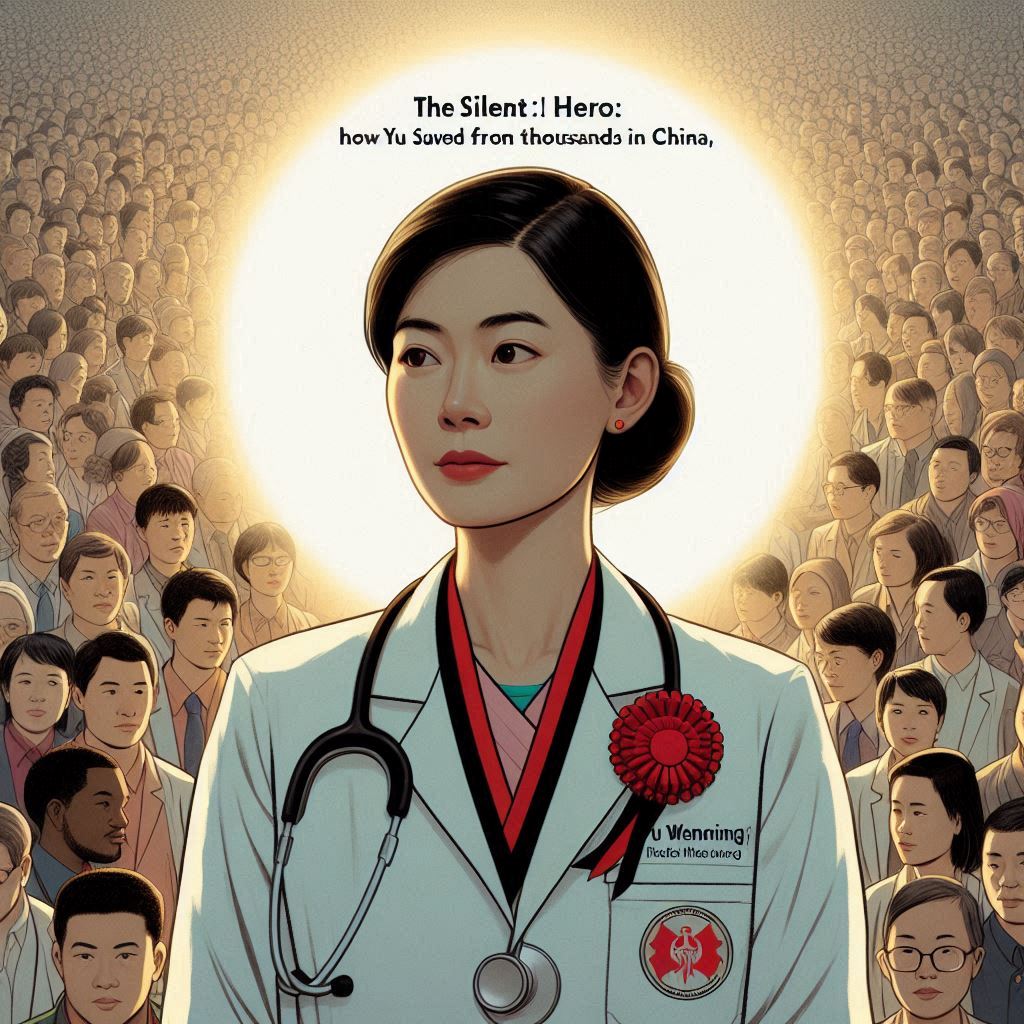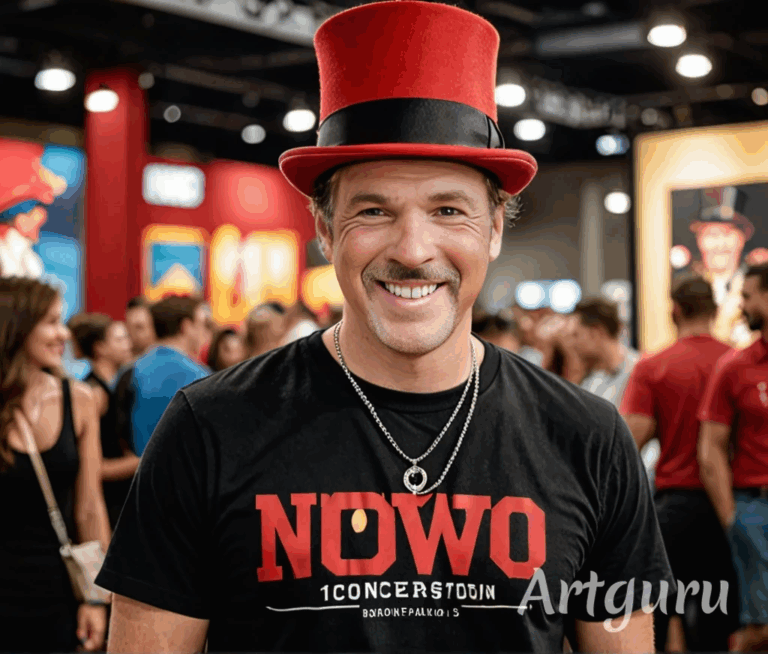
In the annals of public health, some heroes operate not on the battlefield, but in the quiet, painstaking work of prevention and education. One such figure is Dr. Yu Wenming, a Chinese physician whose tireless efforts in the 1990s are credited with saving thousands, if not tens of thousands, of lives from the devastating march of HIV/AIDS. His story is a poignant reminder of the power of individual courage and scientific dedication in the face of immense challenges.
The early 1990s in China saw a burgeoning crisis, particularly in rural areas, largely hidden from public view. Driven by poverty, many farmers in provinces like Henan engaged in “plasma donation” schemes, where blood was collected, plasma extracted, and the red blood cells re-infused into the donor. This practice, often conducted in unsananitary conditions by unregulated blood stations, became a catastrophic vector for HIV transmission. Needles were reused, equipment was unsterilized, and one infected donor could quickly contaminate many others.
While official recognition of the burgeoning epidemic was slow, Dr. Yu Wenming, then a local health official and physician, began to witness the horrifying reality firsthand. He saw a surge in unusual illnesses, immune deficiencies, and deaths in villages where plasma donation was rampant. Unlike many, he quickly connected the dots, understanding the grave implications of the unsafe blood collection practices.
Dr. Yu didn’t just observe; he acted. Defying bureaucratic inertia and potential backlash, he began to meticulously document cases, collect epidemiological data, and advocate vociferously for an end to the unregulated blood trade. He toured villages, often at great personal risk, educating farmers about the dangers and urging them to stop donating blood at these illicit stations. He also pushed local authorities to crack down on the “bloodheads” who ran these operations.
His early warnings, however, were often met with resistance, skepticism, or outright suppression. The economic benefits of the plasma trade, however illicit, were hard for impoverished communities to abandon, and powerful interests were at play. Yet, Dr. Yu persisted, his conviction fueled by the escalating human cost he witnessed daily.
His relentless efforts, alongside a few other brave whistleblowers and health professionals, eventually forced the issue into the national spotlight. By the mid-1990s, the scale of the “AIDS villages” crisis became undeniable, leading to a nationwide crackdown on illegal blood collection and a more comprehensive government response to the epidemic. While the damage in some areas was already severe, Dr. Yu’s early and consistent advocacy played a crucial role in preventing the crisis from spreading even further and accelerating the implementation of safer blood practices across the country.
Though he may not be a household name globally, Dr. Yu Wenming’s legacy is etched in the lives of the thousands he protected. His story is a powerful testament to the impact of scientific foresight, ethical courage, and unwavering dedication to public health, reminding us that true heroism often lies in the quiet, persistent fight for the well-being of others.








